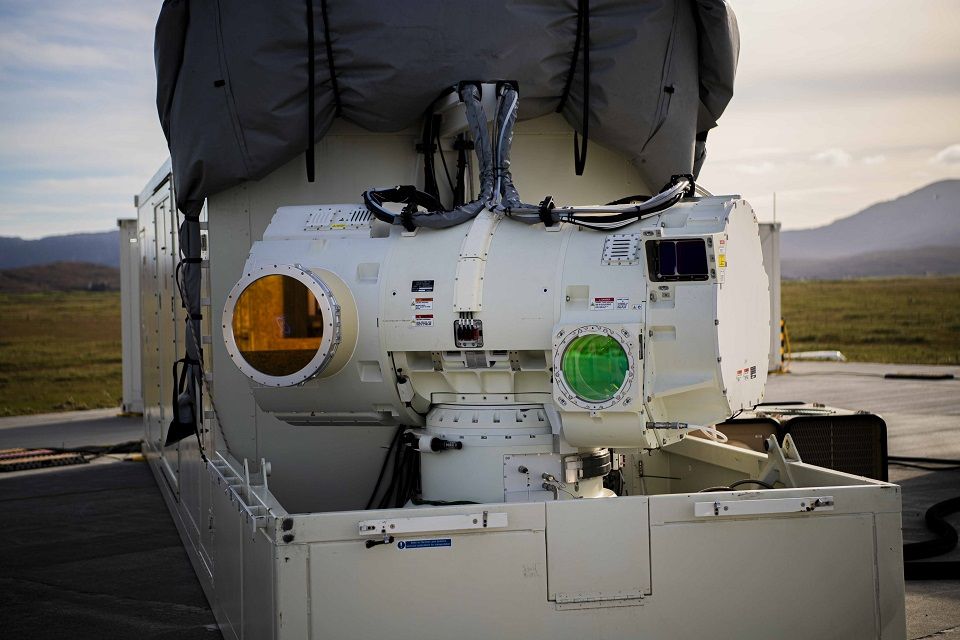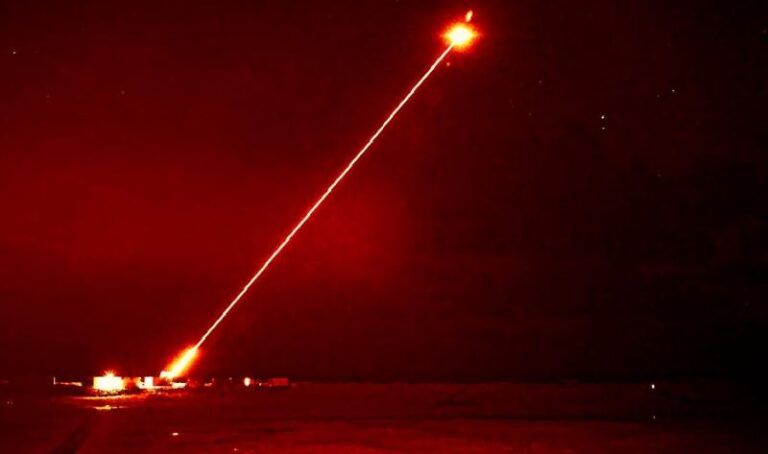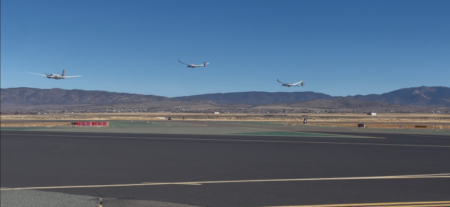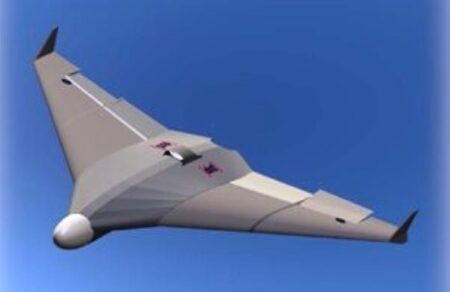Engineers working on a UK program called DragonFire have fired a laser weapon against aerial targets for the first time.
The DragonFire high power laser directed energy weapon (LDEW) was fired during a test at the MOD Hebrides Range in Scotland.
The £100 million (US$126 million) DragonFire development program is led by the UK’s Dstl (Defence Science and Technology Laboratory) and involves aerospace and defense firms MBDA, Leonardo and QinetiQ.
DragonFire is being developed to enhance air defense capabilities for the UK’s Army and Royal Navy. The UK Ministry of Defense recently announced plans to fund a multi-million program to transition the technology from a research environment to the battlefield.
The latest test firing follows a series of successful trials which included the first static high-power laser firing of a sovereign UK capability in November 2022, and a demonstration of the DragonFire system’s ability to track moving air and sea targets accurately at long range.
LDEWs can engage targets at the speed of light, and use an intense beam of light to cut through the target, leading to structural failure or more impactful results if the warhead is targeted.
The cost of the energy used when firing DragonFire for 10 seconds costs just £10 (US$12). It therefore has the potential to be a low-cost alternative to using interceptor missiles and is seen as a more viable defense against low cost drone attacks.

Dstl’s CEO, Dr Paul Hollinshead said, “These trials have seen us take a huge step forward in realizing the potential opportunities and understanding the threats posed by directed energy weapons.
Chris Allam, managing director of MBDA UK said, “The DragonFire system has been successfully proven to date and we are now closer than ever to having a unique weapon that will enable frontline commands to meet the rapidly changing threats they face.”
Mark Hamilton, managing director of electronics UK at Leonardo said, “Our beam director technology is delivering ultra-precise tracking/pointing accuracy and stability at long range, while handling such high-power laser energy passing through it.
“We’re pleased to have successfully tested the system against a representative aerial target at varying ranges, altitudes and speeds.”
Steve Wadey, group CEO, QinetiQ said, “Achieving the UK’s first high-power firing of a laser weapon against aerial targets at the QinetiQ-managed MOD Hebrides range is a significant milestone.
“Our science and technology capabilities have been applied to the continued development of our advanced coherent beam-combining technology, which is delivering enhanced performance and scalability.”
Industry and the UK Government are sharing the cost of the program, which Leonardo said will support the creation of “highly skilled UK jobs in new technologies” as well as deliver new UK capability in LDEW systems.
Laser weapons are being developed by governments and defense firms around the world, including in Germany, Israel and the USA.





